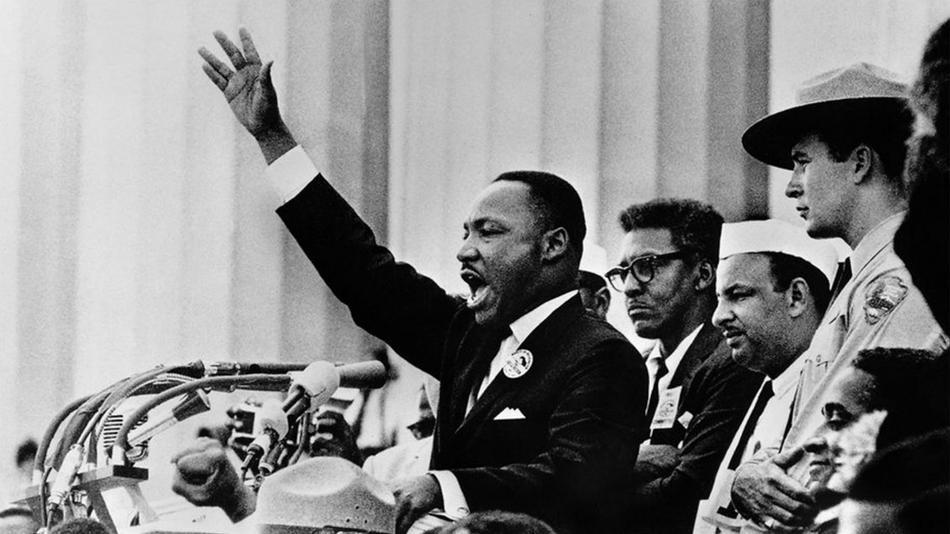Guaranteed Basic Income has become a serious topic of discussion in think tanks and Silicon Valley boardrooms, among some conservatives and libertarians as well as liberals, but, if instituted, it could wind up being more a pain than a panacea. If used as a Trojan horse by those looking to pull away social safety nets, it could be devastating. Even done with the best of intentions, it really wouldn’t be a better life than a good job with a chance for advancement. It could wind up an anodyne, part of a means to quiet the masses with bread and Kardashians.
Or maybe, possibly, it would free us to be creative beyond our wildest dreams in a post-scarcity society, building spaceships in our garages with cheap 3D printers. But I would have to bet the under on that one.
In a Vice “Motherboard” Q&A conducted by Alex Pasternack, Douglas Rushkoff speaks to his fears about GBI as a mere palliative. An excerpt:
The thing that surprised me—the thing I’m working through now—is this whole idea of guaranteed minimum income. I make a pretty strong case for it in the book: In a society with abundant resources, people deserve food, housing, and medical care. We have gotten to a place where people need jobs not because we need all that work done, but because we need an excuse to let them have the food and housing which is already in abundance. That’s ass-backward. So just let them have it.
But I spent some time at Uber, and I heard my guaranteed minimum income argument come back to me but from their lips, and it sounded different. They were telling me how they understood that Uber drivers don’t get paid a living wage—but that once the government instituted a guaranteed minimum income, then it wouldn’t matter that the drivers don’t get paid enough to live! Or that their jobs were replaced by machines. At least they’d have enough money to hire Uber cars when they need to get somewhere!
So guaranteed minimum income doesn’t really empower anybody. It just creates more cash for people to spend as consumers. It doesn’t give the workers any more ownership of the “means of production” than they had before.
And I’m still working on this problem, since I believe that food, housing, and medical care are basic human rights for which you shouldn’t need a job, but I don’t like how guaranteed minimum income becomes an excuse for more exploitation of those at the bottom, and a new two-tiered society.•



